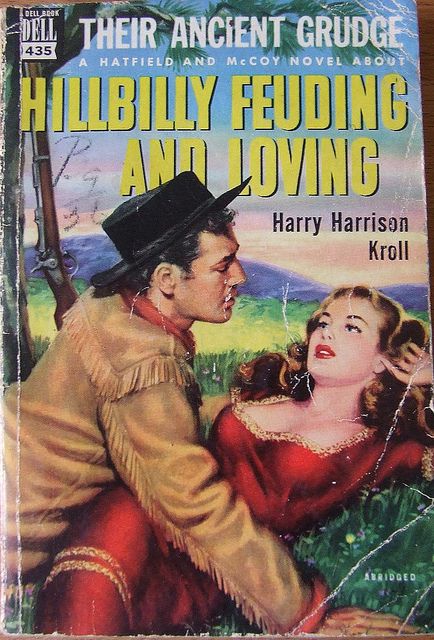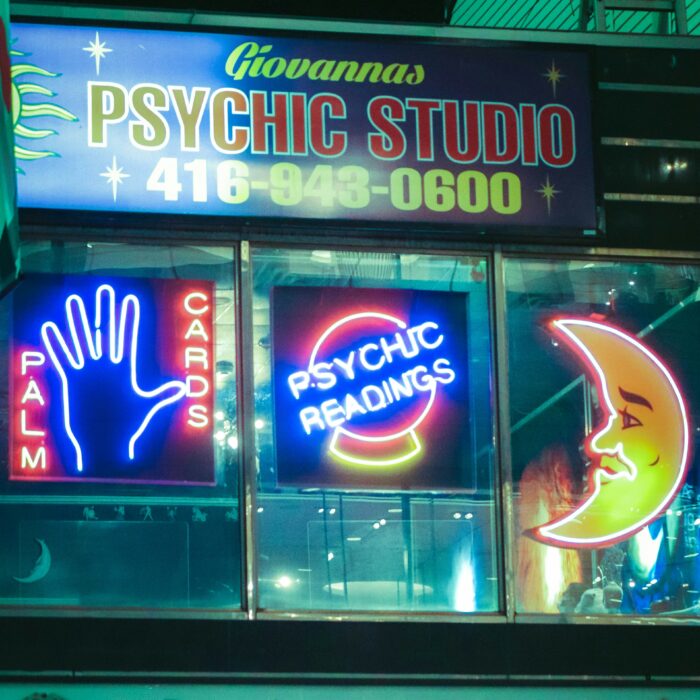You have no items in your cart. Want to get some nice things?
Go shopping
How hard can it be to find the right title for your novel? You’ve done so much heavy lifting – sweated over several drafts, weaved together complicated plot lines, fleshed out characters who your readers feel compelled to care about. You’ve conjured up a convincing back story for each of them. They are your creations. The twists and turns in their lives have been plotted by you. The lines they speak sprung from your imagination. No one knows the heart of their stories better than you. In the light of these facts, logically speaking, titling your book should be a walk in the park. There you are, the creator of plot and character and dialogue, summoning the title with a snap of your fingers. You command, the title appears. All is well that is titled well.
Unfortunately, things don’t work that smoothly in the title department. The road to the title is paved with agony, despair, and frustration. I speak from experience. This is not to deny that there may be writers out there, on this planet or in a galaxy far away, who know exactly what to call their novel or story or poem right from the start. They are exempt from the agonizing search I am about to describe in detail. They can carry on reading this post for sport while the rest of us seekers sweat it out.
Since I’m working on the final draft of my novel these days, I spend a lot of time thinking (worrying, obsessing, agonizing) over the title. The working title, a handy standby so far, will have to go. The search for the real thing is on. How do you define a good title? What qualities should it possess? It must be intrinsically linked to the story you tell. It has to be memorable, a word or phrase that makes your book stand out in a crowd. Some writers add a touch of poetry to their titles. Some prefer spare, minimal, direct titles. Titles can be long phrases or sentences. A single word can also do the job with élan. Whatever the length or tone, all writers aspire to come up with original titles. The dream is to find a title that is as original as the story you tell.
So my search began. I had a few possibilities in mind and I wrote them down. They looked good on paper. They captured the essence of the story without giving away too much; they had a touch of mystery, a dash of poetry. Feeling pleased with myself (pity the fool!), I decided to go online to make sure no one else had used these to title her/his works before. Imagine my shock and horror when a Google search revealed the following facts:
*Title option 1 – name of a Beatles song, a Korean film, an obscure independent film from the 80s, a first novel by a South African writer
*Option 2 – line from a pop song, title of two published novels (a romance and a work of literary fiction), name of a travel company, title of a documentary film
*Option 3 – title of a poem written by Pablo Neruda in his 20s, titles of three published novels, title of a collection of poems
I switched off my computer and wept. It took me about a fortnight to recover and get back to my hunt for the perfect title. Back to the drawing board, start from scratch. Stanley Kubrick was right: “Everything has already been done. Every story has been told… It’s our job to do it better.”
More options surfaced, more combinations of words kept me up at nights. Like all novelists in search of a title, I looked for inspiration in Shakespeare’s immortal lines. Thousands of poems, novels, stories and plays have mined his phrases for their titles. Faulkner’s The Sound and the Fury, David Foster Wallace’s Infinite Jest, Aldous Huxley’s Brave New World, Agatha Christie’s The Mousetrap…. The list is long. The Bible is a close second. Many a classic takes its title from this grandiloquent source. Hemingway’s The Sun Also Rises, Harper Lee’s Go Set a Watchman, Toni Morrison’s Song of Solomon, Steinbeck’s East of Eden, Faulkner’s Abaslom! Absalom! come to mind.
Poetry can be the prose writer’s salvation. Consider the number of novelists who have found inspiration for their titles in lines of poems. Their ranks are huge and on the rise. Gone With the Wind (Margaret Mitchell), Far From the Madding Crowd (Thomas Hardy), Let the Great World Spin (Colum McCann), Things Fall Apart (Chinua Achebe).
There is no dearth of sources, no lack of inspiration. Seek and you will find. And so my search carries on….

About Vineetha Mokkil
Vineetha Mokkil is the author of the short story collection, "A Happy Place and Other Stories" (HarperCollins). She received an honorary mention in the Anton Chekhov Prize for Short Fiction 2020 and was shortlisted for the Bath Flash Award in 2018. Her fiction has appeared in Gravel, the Santa Fe Writers' Project Journal, Cosmonauts Avenue, Quarterly Literary Review Singapore, and "The Best Asian Short Stories 2018" (Kitaab, Singapore).



